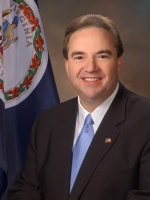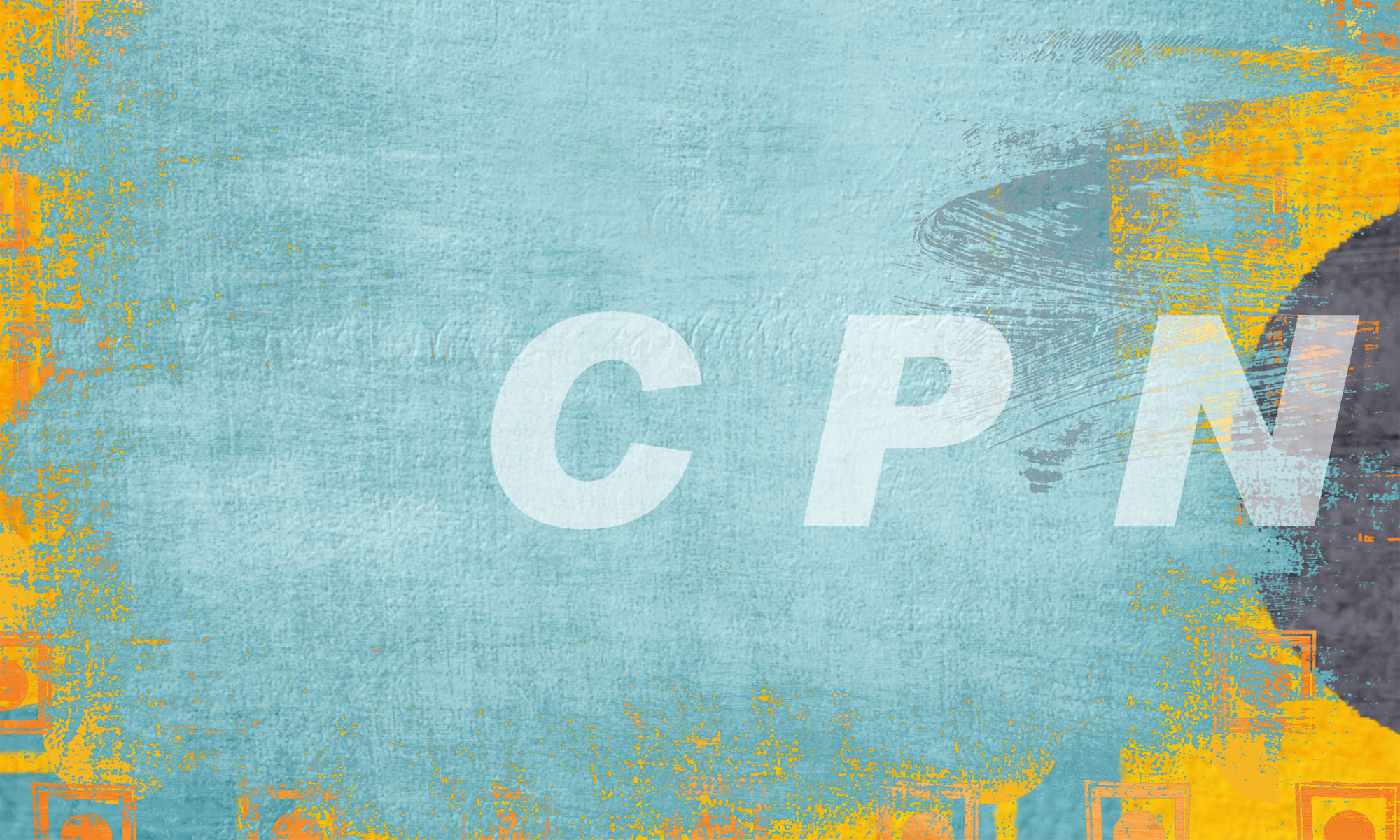 On the June 12th edition of WINA’s “Charlottesville-Right Now!” Coy Barefoot talks with Virginia Lieutenant Governor Bill Bolling (R) about the upcoming special session on transportation. Bolling summed up the prospects for the special session.
On the June 12th edition of WINA’s “Charlottesville-Right Now!” Coy Barefoot talks with Virginia Lieutenant Governor Bill Bolling (R) about the upcoming special session on transportation. Bolling summed up the prospects for the special session.
“There’s just no consensus… my fear is we’re going to go there on the 23rd, it’s going to be very short, its going to be very non-productive,” Bolling said., “I just don’t see a consensus building right now, and again it’s always possible that it could happen here in the next few days, but right now it seems highly unlikely.”
Governor Tim Kaine (D) has presented a plan that would increase fees for vehicle registration and increase taxes on car purchases, as well as levy a one cent sales tax increase on residents in Northern Virginia.
Bolling made it clear that he is opposed to such tax increases, stating his view that “there’s never really a good time to raise taxes, but frankly this is a horrible time to raise taxes because of the state of the economy.”
He also painted the Democrats in the General Assembly as out of touch with Virginia voters, arguing that there’s agreement between Republican lawmakers and voters.
“The problem in Richmond is not a lack of money, the problem in Richmond is a lack of fiscal discipline. We’ve got enough money through existing revenue sources to solve our transportation problems if we just use that money for transportation, as opposed to spending it on all of these new and expanded government programs, and the people of Virginia are a step ahead of the members of the General Assembly.”
Bolling outlined his proposals for solving the transportation problem without raising taxes. He said that reserving just 1% of the existing state sales tax for the transportation trust fund would result in approximately $950 million a year for transportation. As an alternative, he mentioned the possibility of requiring 10% of future revenue growth to go towards transportation expenses; he said that if the state had adopted this policy 10 years ago, it would have generated $800 million over the past decade. Bolling also laid out his plan for budget surpluses, arguing that “those budget surpluses are by definition one-time money, I think they should be used to fund one-time things like capital projects, building roads and bridges.”
